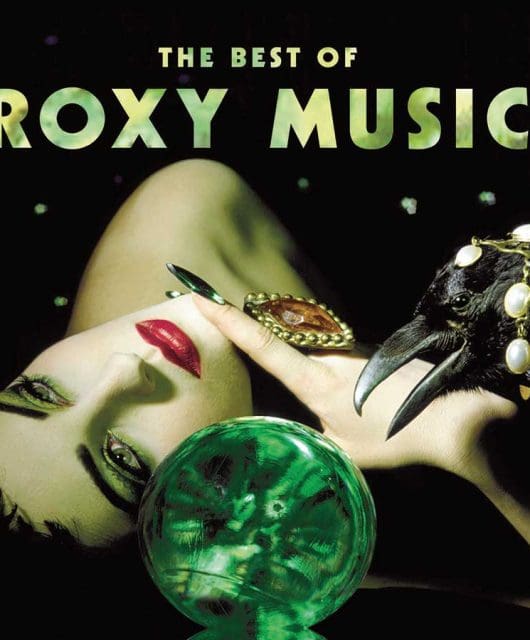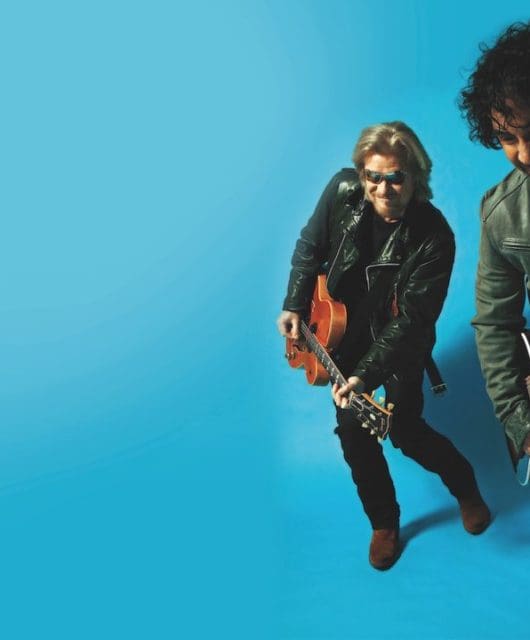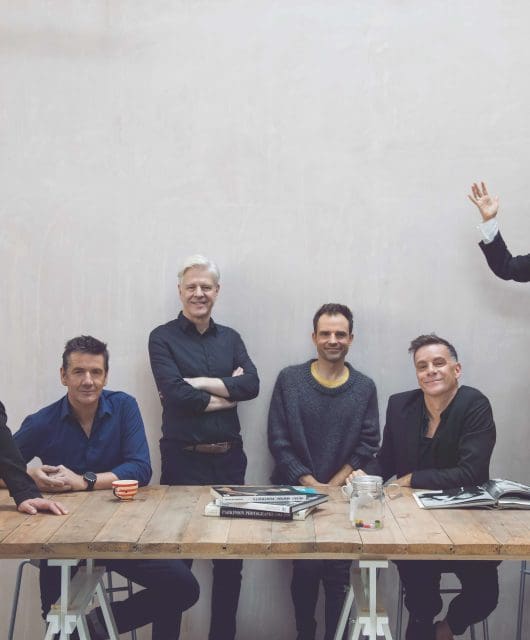The Godfathers of Pop – Leee John interview
By Classic Pop | September 21, 2017
Born in London but partly raised in New York, Leee John rose to fame as the lead singer of smooth 80s soulsters Imagination, via such hits as Body Talk, Changes and Just An Illusion. Since then, he’s been an actor, solo singer and filmmaker. He’s currently working on a documentary about the history of black music in the UK, but has found time to make the first all-new Imagination album in more than 25 years, Retropia.
 How did you get into the
music business?
How did you get into the
music business?
It started when my parents split up and my father took me to the US. It was the time of Jacksons mania when any little black kid who could sing and dance was getting picked up by record labels. Aged 11, I went to an audition and signed with a company called Worldwide Records that basically groomed you in singing, acting, the whole works.
I was there for a while but my father didn’t want me to fall behind on school work so he sent me back to the UK to live with my mum.
Where you promptly signed another deal?
A classmate of mine called Russell Fraser was as wild as me. We would bunk off school and go to Crackers in Soho to see soul and funk acts. We wanted to be up there doing it, so aged 14 or 15 we formed a group and took our demo to record companies. In the reception of EMI we saw a guy called Roy Fisher who had a subsidiary called Snazz Records and we literally auditioned for him then and there! We released a single that I think got in the Top 10 in Finsbury Park and that was the only thing it did! We were wearing our velvet jackets and snakeskin shoes, and went to school thinking, hey, we’re pop stars! But I was pretty young and decided I needed to learn my trade. I did the pubs and working men’s clubs. I was in a function band that backed all the American artists that came over, so I was doing backing vocals for Chairman of the Board and the Delfonics.
How did Imagination come to prominence in the early-80s?
Tony Swain, the producer, gave me a cassette tape with a little bit of music on it, and said: ‘See what you can come up with for this?’ So, I took it home to my mum’s flat, sat at the kitchen table and wrote the lyrics and melody to Body Talk. I thought it was better to form a group, because if I failed in a group then at least I could have a solo career afterwards. So, I called Ashley Ingram (guitar and bass) and said: ‘I’m going into the studio with this company, let’s do it as a duo’. We put it out on a white label through the club scene. For weeks and months it was huge. Then finally it broke into the charts at No.44. Somebody dropped out of Top of the Pops and we managed to scrape in. By that time we had Errol Kennedy on drums and it was one of the very first times they had a British black group on TOTP that was not in the Top 40. They’d have US black groups but not British. So, everybody thought we were from the States.
Did you have your famous gold lamé outfits at that point?
That first time, no. I think Errol was wearing lamé trousers. But what you have to remember is that in the early-80s what you saw us wear on TOTP was an extension of what was happening in the clubs. Everyone was trying to be unique. It was very edgy. We’d seen Funkadelic, Parliament, George Clinton and we thought we needed something that would make a visual impact in three minutes on TV. You’d see a lot of American acts dressed like that and they were never ridiculed, but as soon as they found out we were British… ‘Oh my God, that’s outrageous!’ But that’s the UK for you!
Did the new Imagination album Retropia grow out of Flashback: The Very Best Of Imagination that you released in 2013?
In a sense, but some of the tracks I’d written previously. Make Your Mind Up was a song I wrote in the 80s but it was so different to the Imagination sound of the time that it never saw the light of day. I wrote Hello Goodbye when my manager passed away in the 90s but it seemed appropriate to put that song on the album now. Fantasia was a song I put out on a white label as Johnny X in the 90s. The fans always wanted to hear it, so I redid it and put it on the album. I called it Retropia because it’s like a concept album. I kind of stepped back in time to when I was going to clubs and the kind of music I was listening to: jazz, funk and soul.






